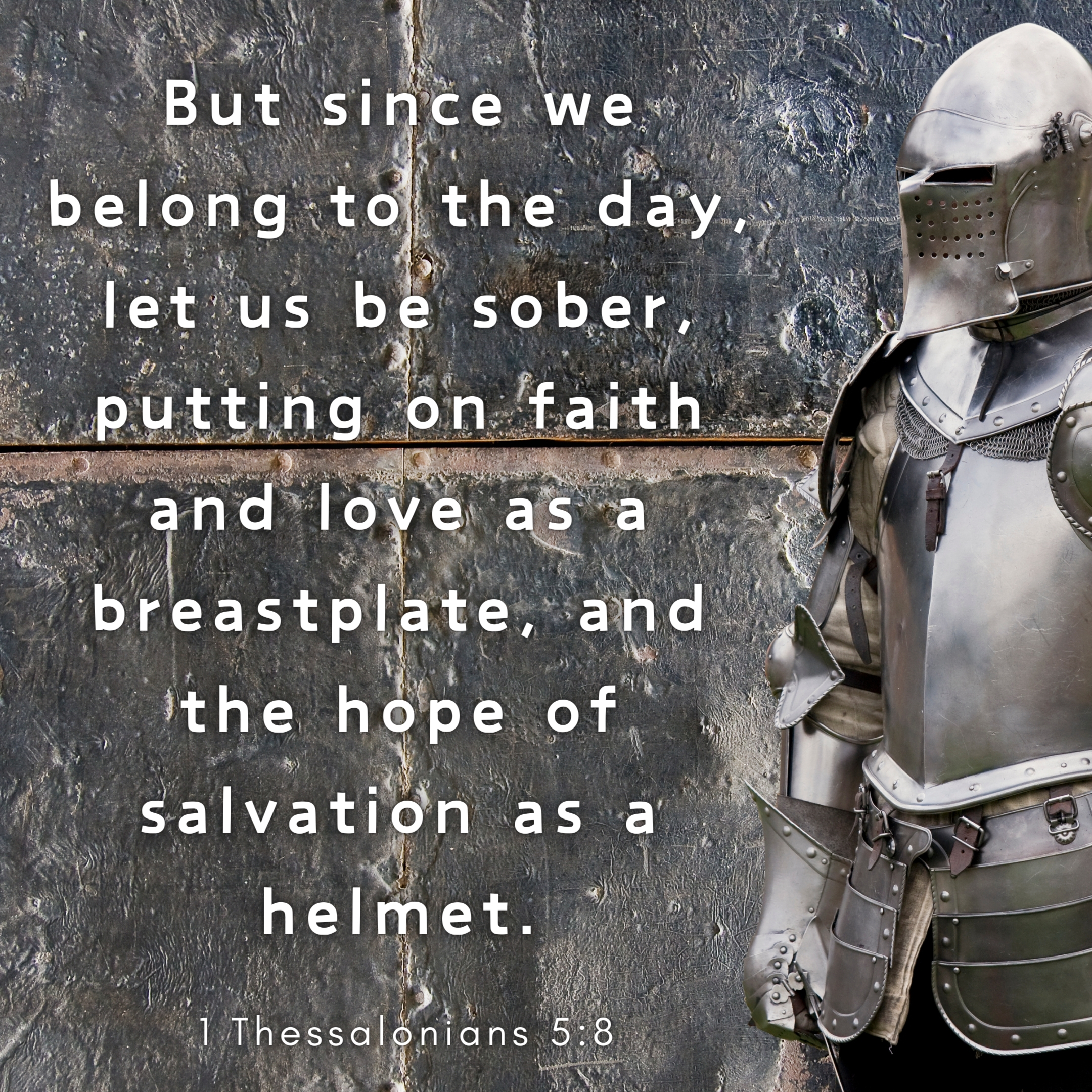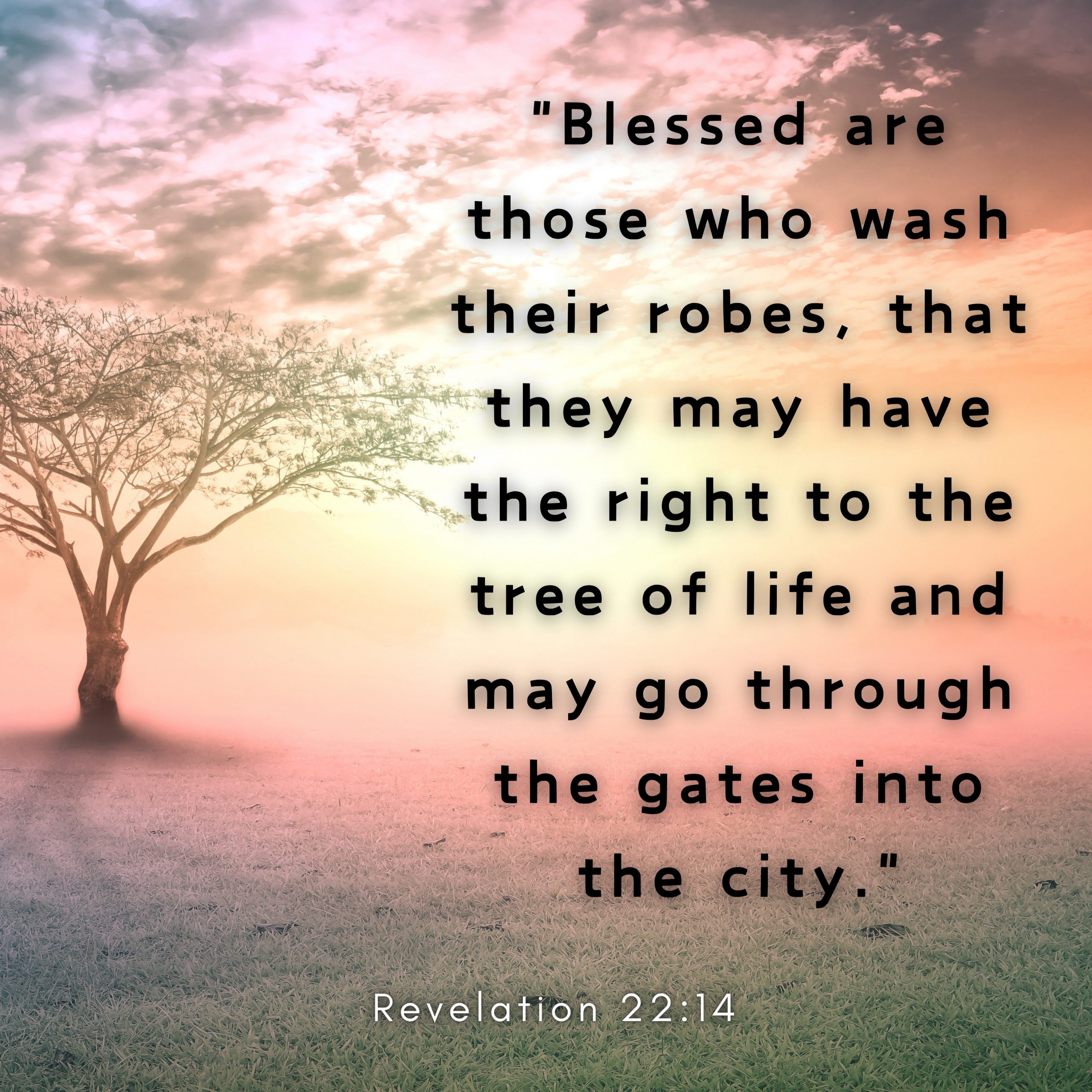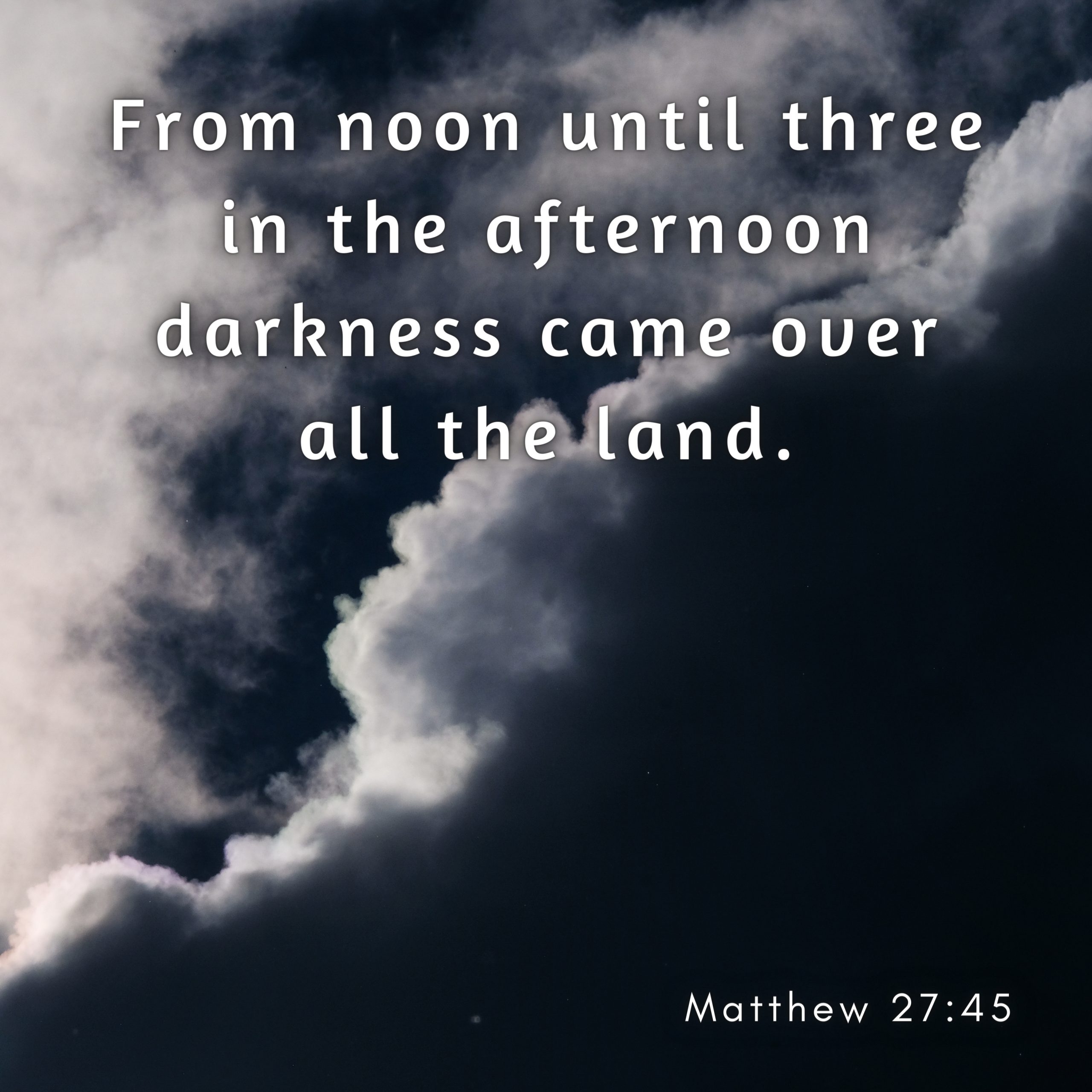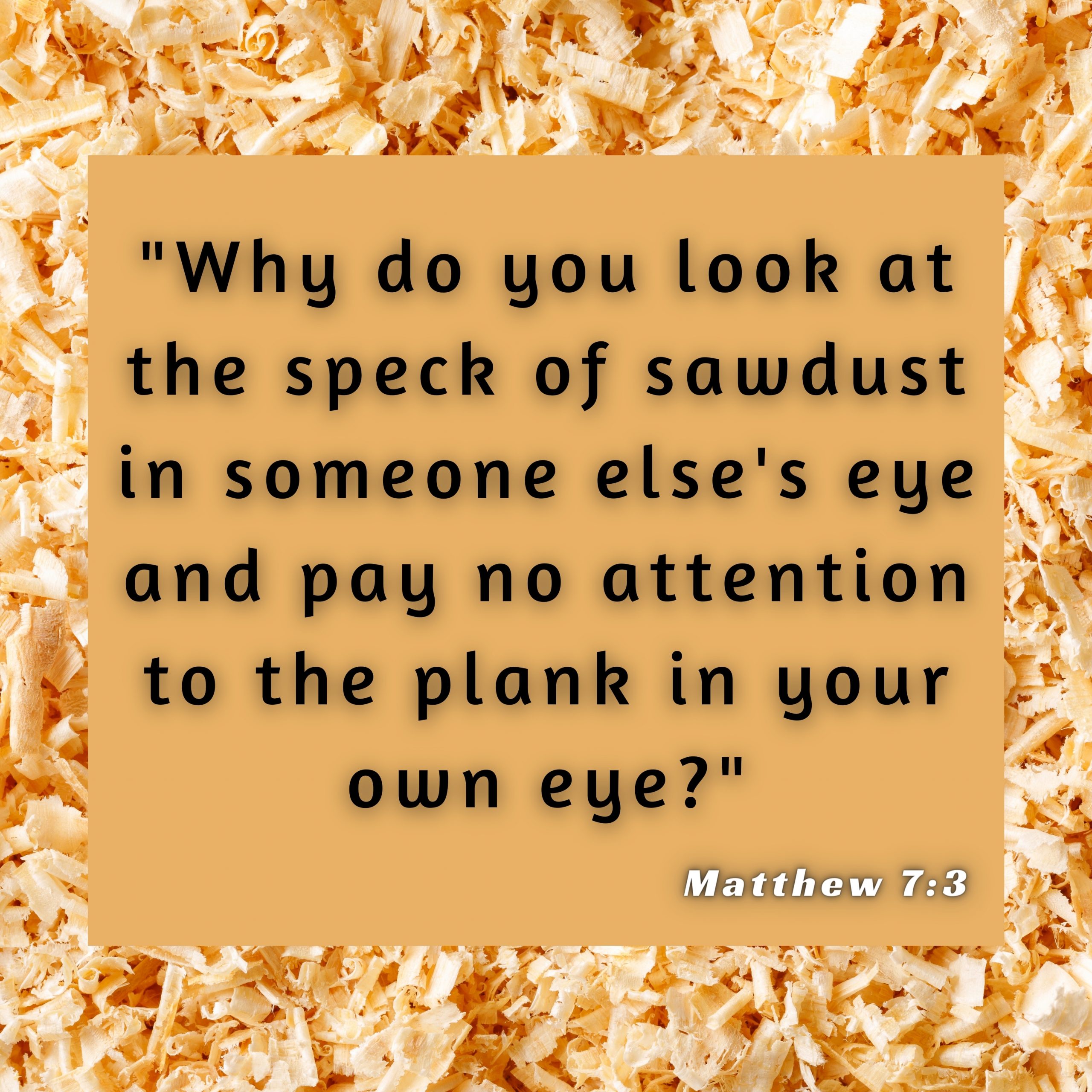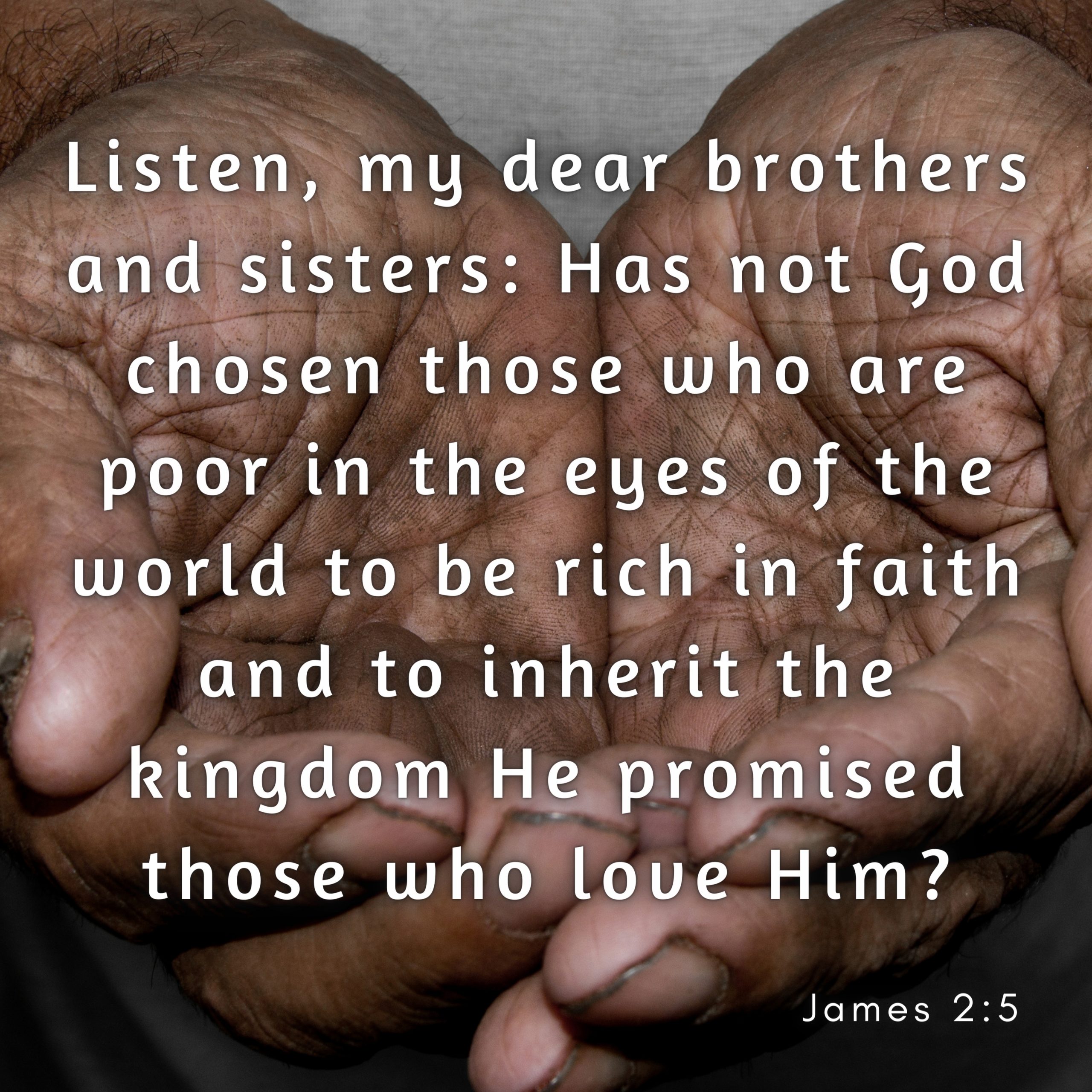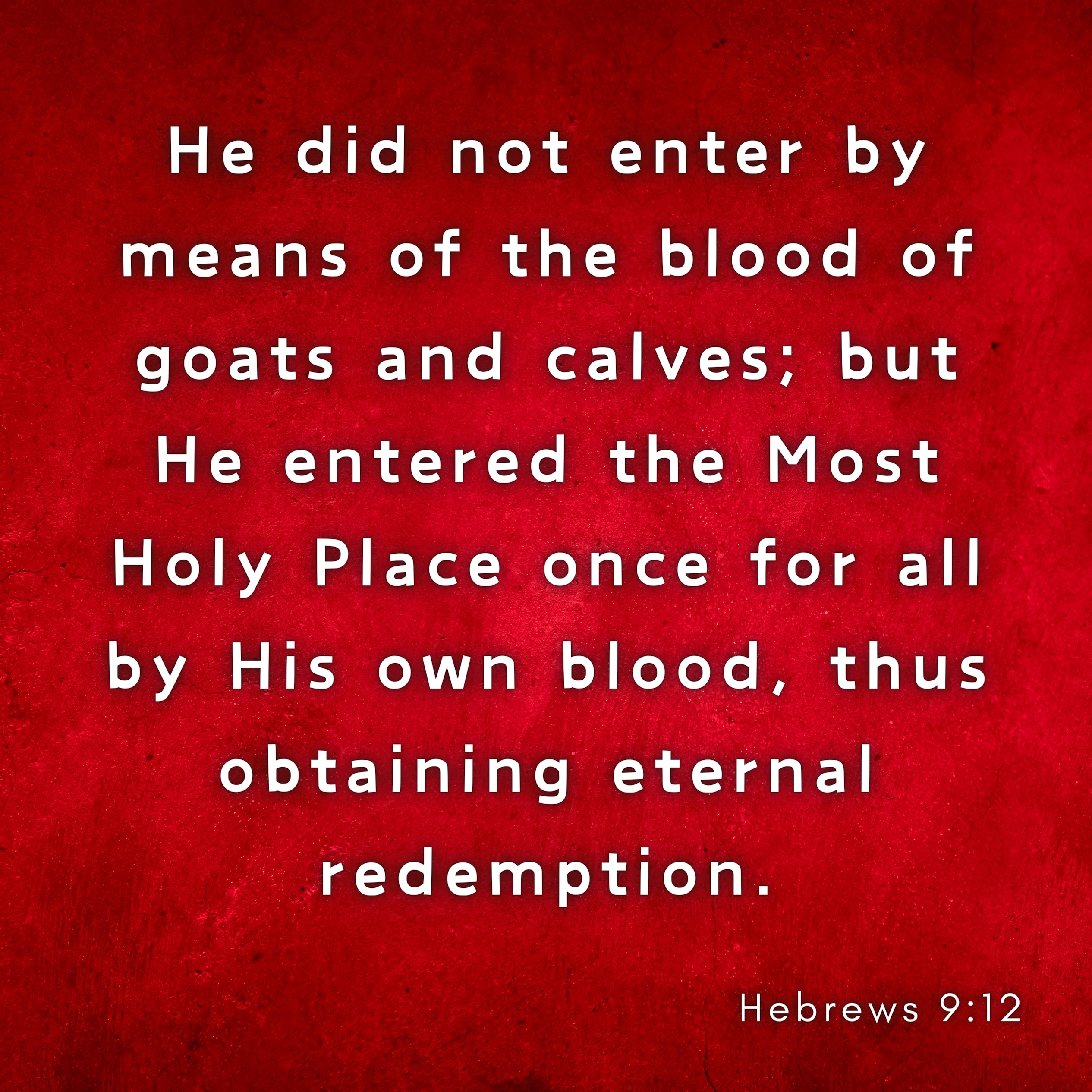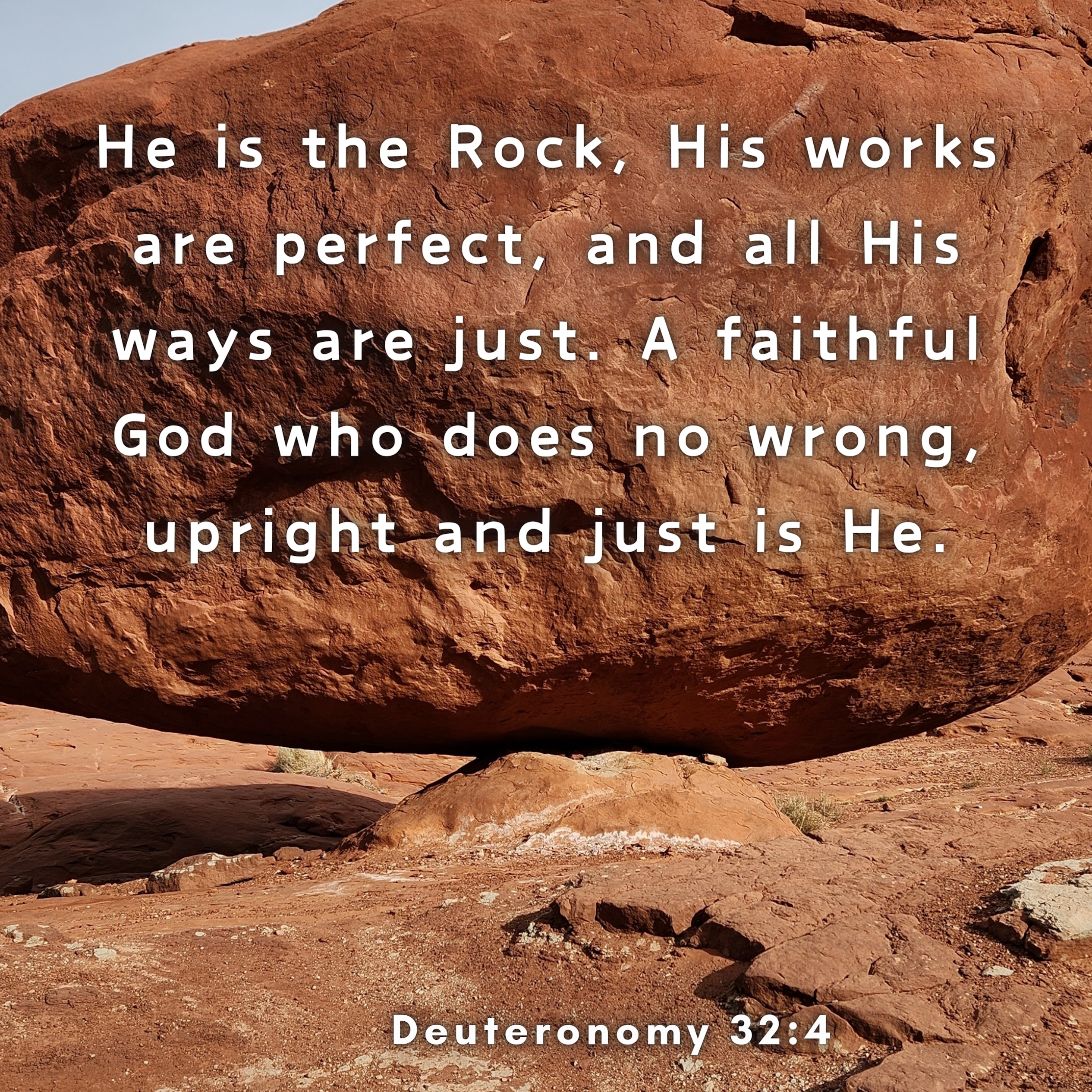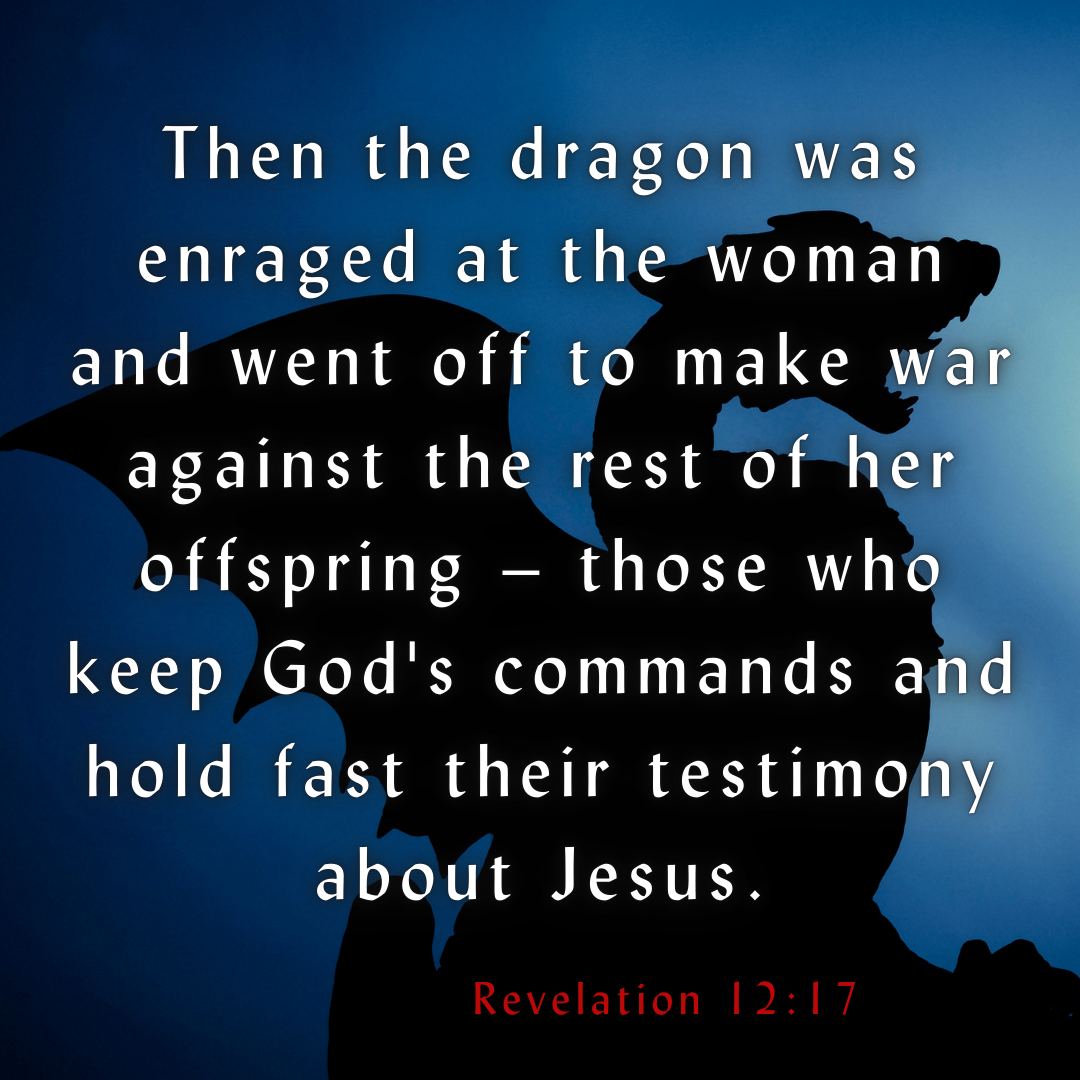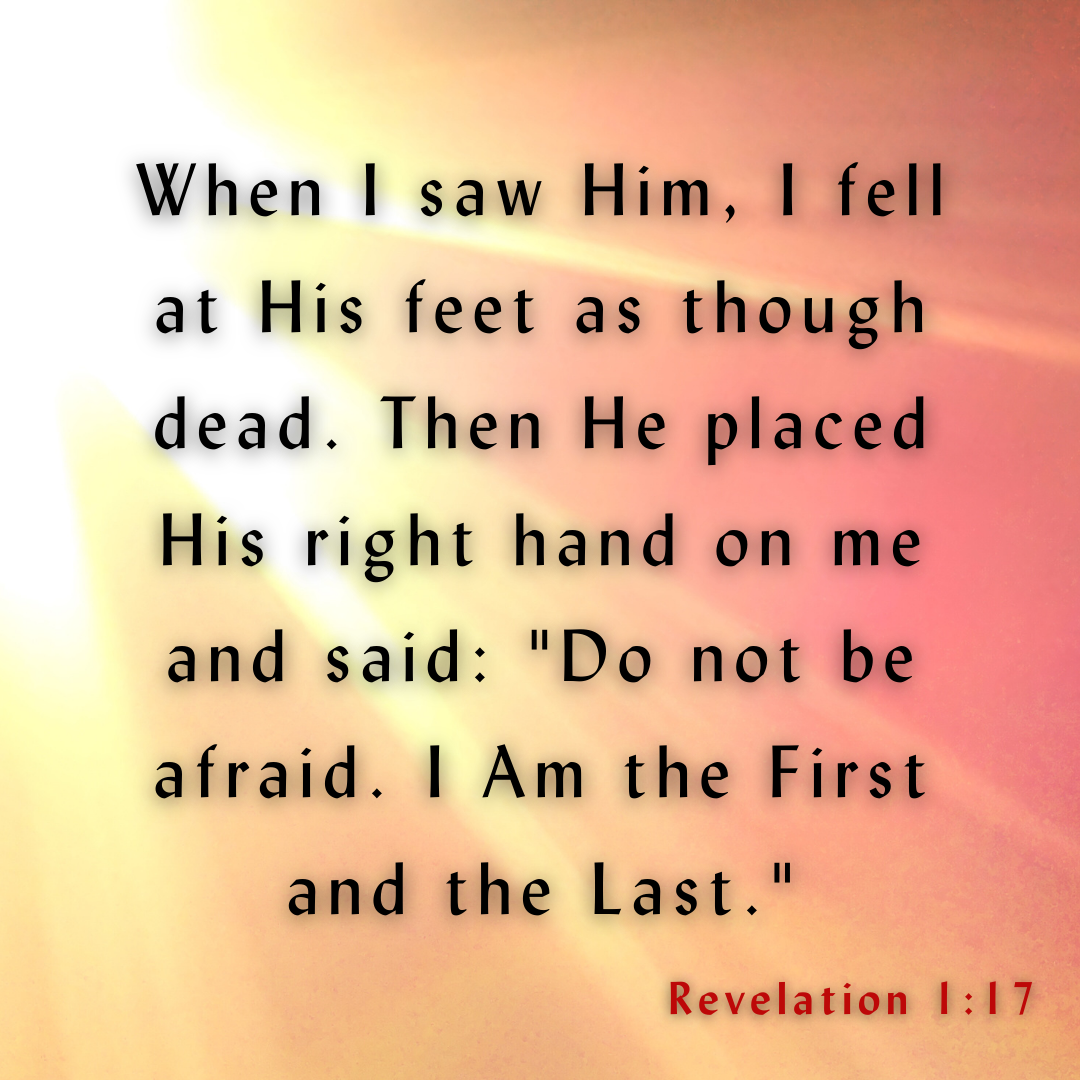The material world, with all its allure and distractions, is fleeting. Possessions, achievements, and circumstances—these are transient. We should not cling to them . . . read more
The Armor of God
Judgment Begins at God’s Household
Boasting in Christ Alone
Grace Abounds All the More
Blessed Are Those Who Wash Their Robes
Finding Strength in Waiting: Trusting God During Trials
Hope in the Shadow of the Cross
Be Ready: Living in Expectation of Christ’s Return
Seeing Clearly: Overcoming Self-Righteousness
Beyond Rules: Jesus’ Call to True Righteousness
Jesus, the Physician of Souls
Faith and Forgiveness
Finding Hope and Joy
God’s Enduring Word
All In: The Cost and Reward of Following Jesus
Words and Actions: Guarding Your Heart
Luke 6:45 “A good man brings good things out of the good stored up in his heart, and an evil man brings evil things out of the evil stored up in his heart. For the mouth speaks what the heart is full of.”
This verse highlights a profound truth: our hearts are the wellspring of our words and actions.
The Heart: Source of What We Say and Do
The Bible portrays the heart as more than just a physical organ. It’s the center of our thoughts, emotions, desires, and will.
It shapes who we are – our character and identity. Jesus teaches us that our words reveal our heart’s condition.
A heart brimming with love, joy, peace, and kindness, overflows with words of encouragement, gratitude, and praise.
Conversely, a heart filled with anger, bitterness, or envy manifests in negativity, criticism, and gossip. We cannot hide our true selves; our words eventually betray our hearts.
God’s Work in Transforming Our Hearts
God desires to transform our hearts into His likeness. He wants them filled with His love, grace, and truth.
He accomplishes this through the Holy Spirit working in us via His word, His people, and even life’s circumstances. God convicts us of sin, offers forgiveness, and challenges us to follow His will. He grants us a new heart, a new birth, and a new life in Him.
Our role is to cooperate with God’s work. We open our hearts, listen to His voice, obey His commands, and repent of our wrongdoings. We trust and follow Him, allowing Him to shape us.
The Heart: Reflecting Our Spiritual Growth
The state of our heart, reflects our spiritual growth. It reveals how much we’ve learned from God and His word, how much we love Him and others, and how much we’ve matured as Christians.
Just as a tree is recognized by its fruit, a person is known by their words. Good hearts produce good words, while bad hearts produce bad words.
Examining our words offers a window into our hearts. Are our words pleasing to God and edifying to others? Do they align with our faith?
The Heart: Motivating Our Actions
Our hearts don’t just influence our words; they motivate our actions. What’s in our hearts shapes our choices, behavior, life path, and ultimately, our destiny.
Jesus tells us, “out of the overflow of the heart the mouth speaks”. This principle extends to actions as well.
A heart filled with good things leads to good deeds, serving others, and glorifying God. Conversely, a heart filled with negativity manifests in harmful actions that dishonor God.
Therefore, guarding our hearts is crucial. We avoid anything that can corrupt them, like sin, temptation, and worldly influences. We seek what nourishes them – prayer, worship, fellowship, and God’s word, which equips us for good works.
The Heart of the Matter
Your heart truly is the matter of the matter. It shapes your words, actions, and spiritual growth. Strive to align your heart with God’s heart.
As the psalmist pleads, “Create in me a pure heart, O God, and renew a steadfast spirit within me” (Psalm 51:1).
~ Check Out ~
“One Minute with God”


